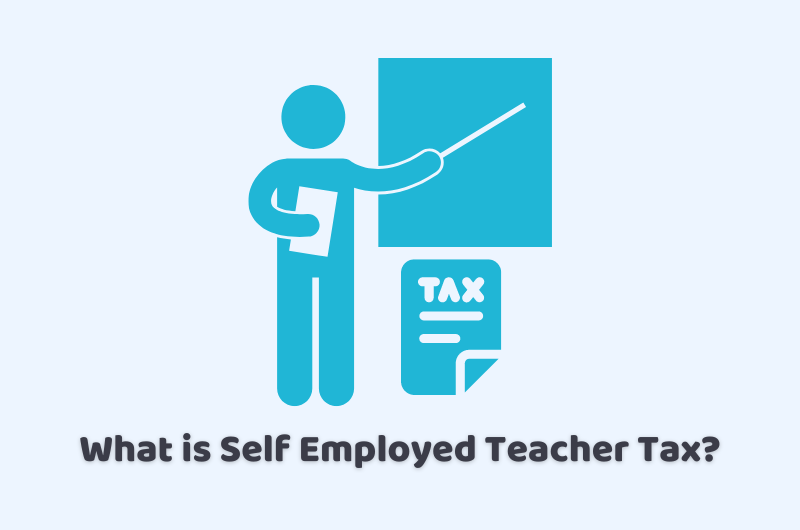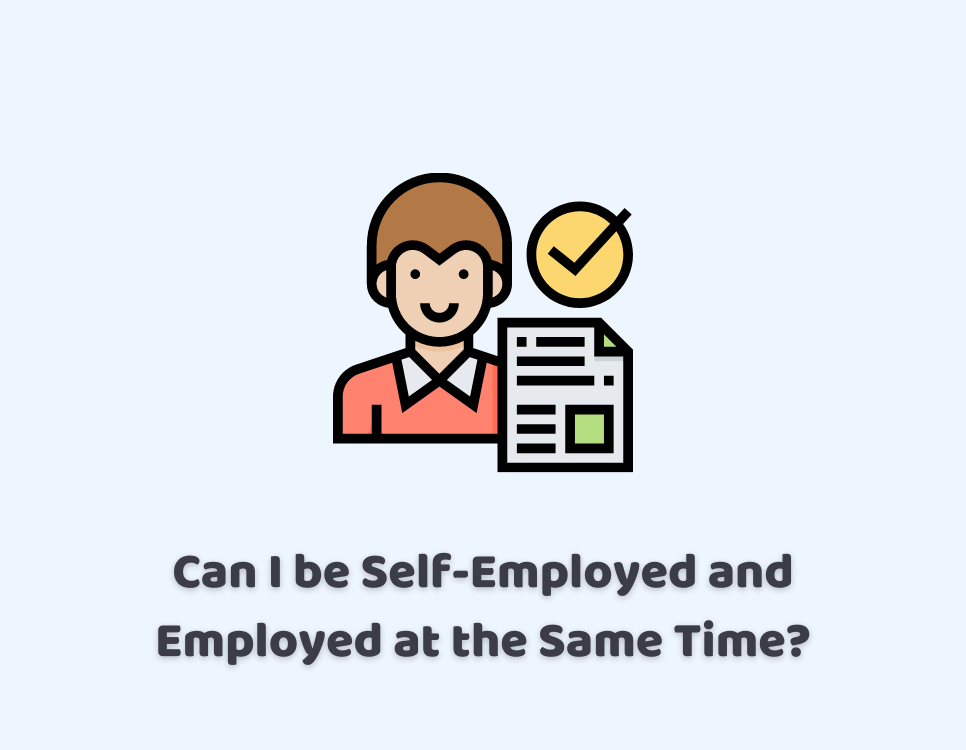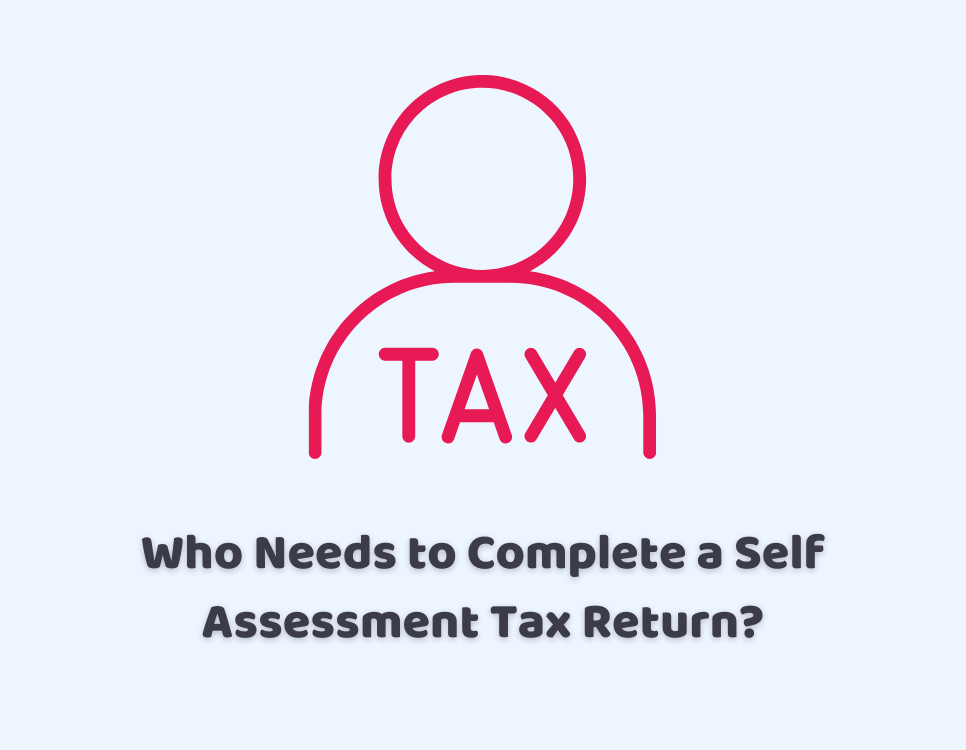
04/04/2023tax , Tax Issues , Tax News and Tips , Tax Saving Tips , Taxation
If you are in the role of a self-employed teacher in the UK, you must wonder about the tax implications that you will have to deal with. Just like the other income streams related to self-employment, there can be different income limits for self-employed teachers from one month to another. This is applicable to the kind of self-employed teachers who are related to the main academic activities. In the case of employed teachers who are associated with the school or any other academic organisation, the tax is usually paid through the PAYE system. This is usually done by the owner of the organisation to whom you are reporting. This guide will provide the ultimate information regarding self-employed teacher tax which includes a discussion of whether you are required to do the tax returns, how much will you have to pay as a self-employed teacher, and what expenses can possibly be claimed.
Reach out to our smart and clever-minded guys to get an understanding of the tax set of rules in the UK queries answered quickly. We will help to understand your queries instantly.
Do You have to Do a Tax Return?
When you are working and offering your services as a self-employed teacher in the UK, there are certain things that you will have to consider regarding your tax liabilities. These include the following:
- What are the possible expenses that you can claim?
- How much tax you will have to pay
- Are you required to do the tax return or not?
Offering services as a self-employed individual means that you will have to declare your amount of earnings to HMRC. This will help HMRC to figure out and calculate how much amount you owe them in form of HMRC. You will have to begin with self-assessment for the tax return procedure and declaring the income. You can do the online registration for self-assessment online too. The deadline for doing that is the 5th of October every tax year.
Let us take the instance of a self-employed teacher who is offering services in the tax year 2023-24, the teacher has to get registered for self-assessment through an online medium before the date 5th of October approaches. However, the deadline to pay the tax will be the 31st of January in the year 2025. Moreover, you must be aware that the tax implications are applicable when you are earning more amount than the amount of personal allowance.
How Much Tax Does a Self-Employed Teacher Pay?
When you are a self-employed teacher, you will have to pay national insurance and income tax on the amount that you are wearing more than the personal allowance. However, many people wonder how much tax they owe to HMRC. In the tax year 2023-24, you will not pay the tax if your income is not more than the figure £12,570. The basic rate of tax of 20% will be applicable if the income range is between £12,571 to £50,270. A higher rate of tax of 40% will be applicable if the income range is between £50,271 to £125,140. The additional rate of 45% will be applicable if the income is more than the figure of £125,141.
Moreover, income tax is a liability to pay if the income is more than £12,570 in a tax year. National insurance will get a liability if the earning is more than the figure £6,725. Ensure to pay the national insurance as it brings in many other benefits to the state. The self-employed teachers will have to pay the national insurance class 4 and national insurance class 2 as well.
What Expenses can a Self-Employed Teacher Claim?
Some changes allow self-employed teachers to deduct the expenses from the amount they are learning. As the amount of money you are sending to the business will be considered a business expense and can be deducted from the gross salary. This will further help to lower the tax bill amount that you owe to HMRC.
Moreover, some popular teacher tax deductions are the expense of marketing material like your website, the expense of business travel, training, courses, studio space, office, material to study, tutoring material, and office electronics like your phone, computer, printer etc. In simple words, we can say that you are allowed to deduct any kind of business expenses that is purely related to the business purpose. So this is to ensure that you must be as organised as possible to have a successful experience.
The Bottom Line
Now that you have gathered a fair amount of information about what is the self-employed teacher tax in the UK, we can bring the discussion towards wrapping up. It is quite easy to get along with being a self-employed teacher and handling the tax implications efficiently as well. However, the facts about the tax implications and the deduction of the expenses must be considered to avoid any hassle in the future. This can even cause you to tax fines and other penalties if you are unable to meet the tax deadlines. We hope these few minutes of reading will help you to develop a better understanding of how to handle the tax implications in the UK being in the role of self-employed teacher.
Our team of professional members loves to hear out your business problems and find out the possible and suitable solutions quickly to the reporting in the UK. Contact us now.
Disclaimer: The information about the self-employed teacher tax in the UK provided in this blog includes text and graphics of general nature. It does not intend to disregard any of the professional advice.


